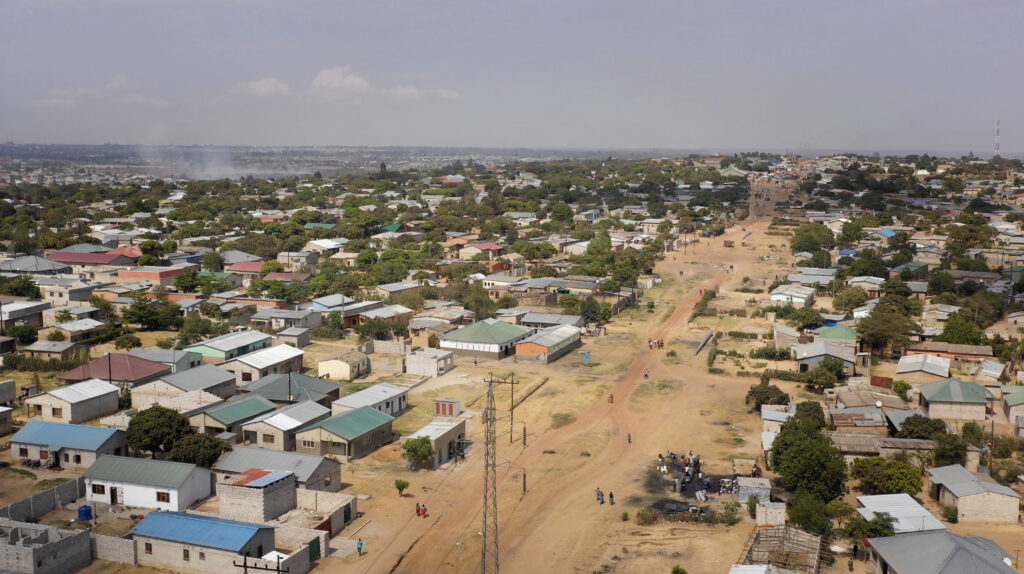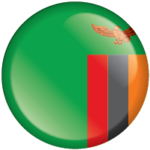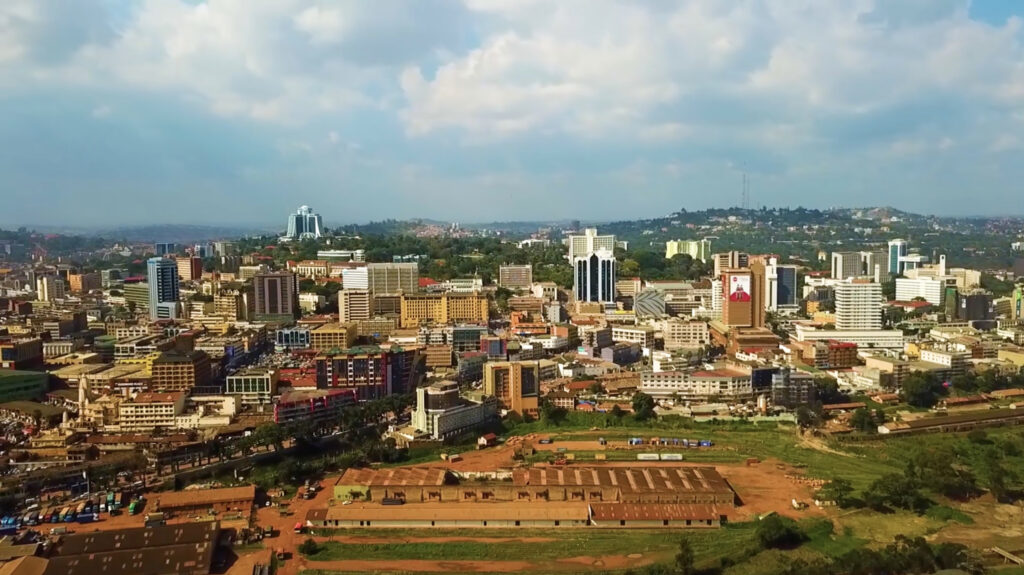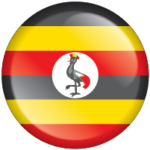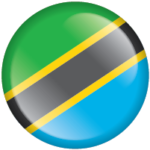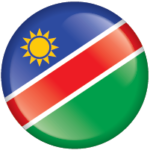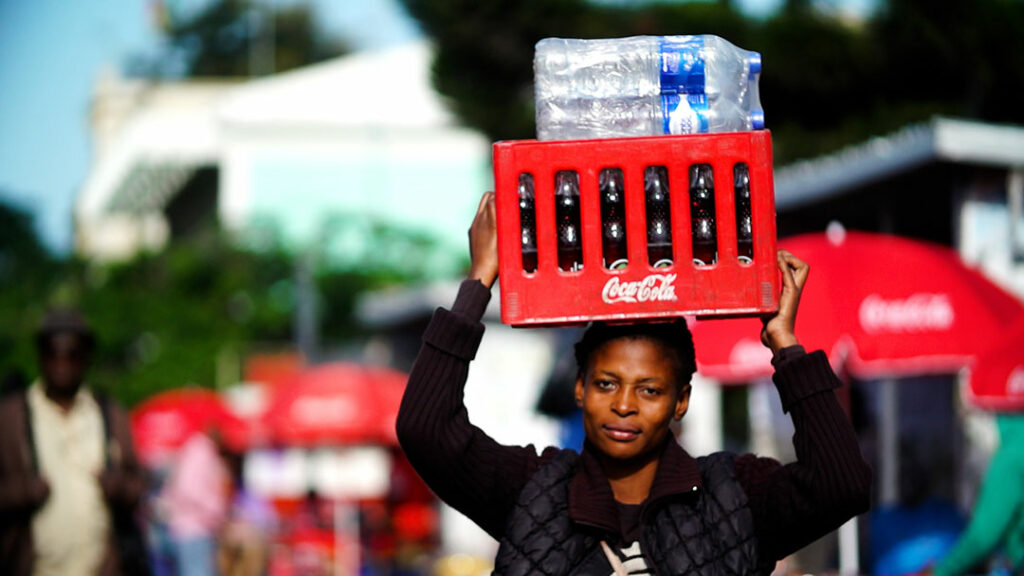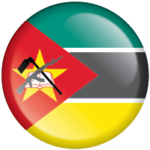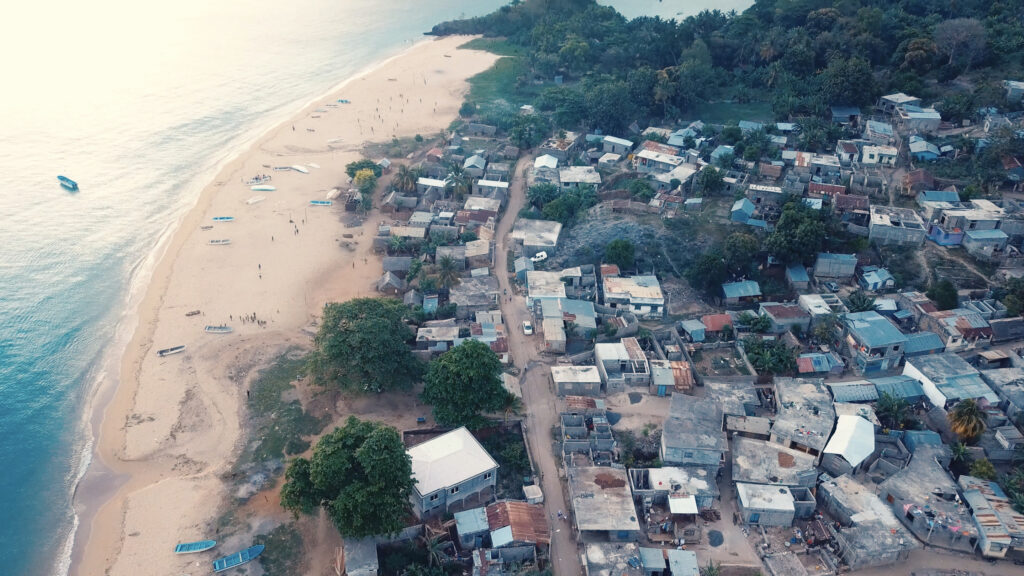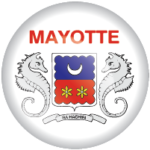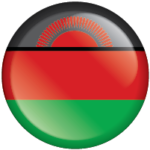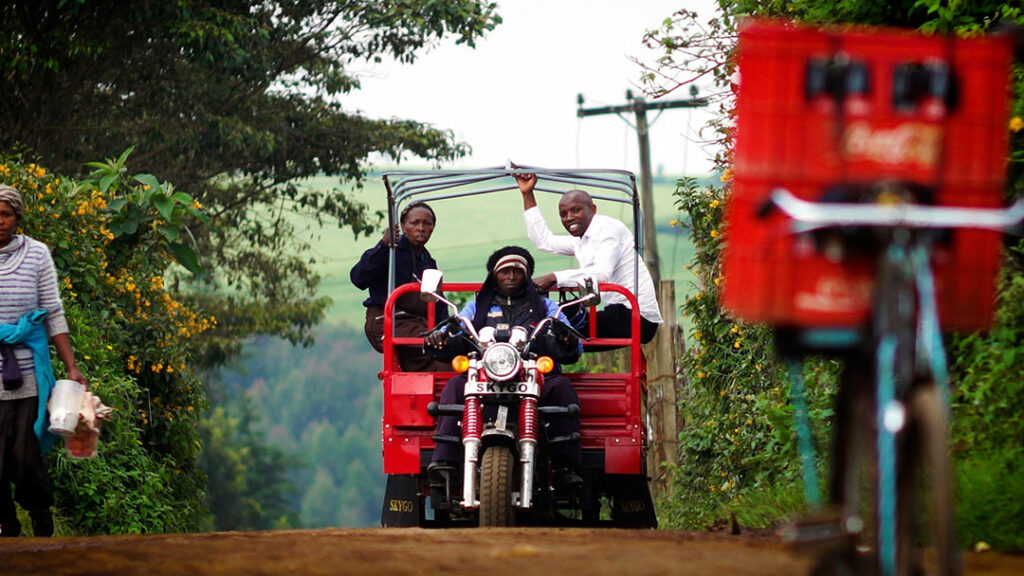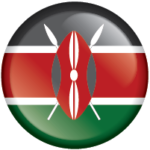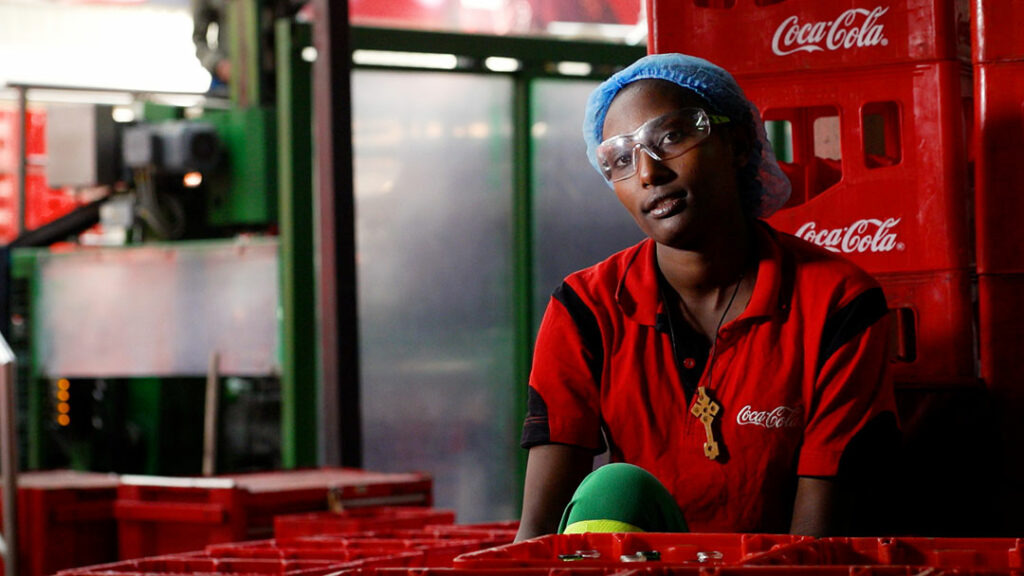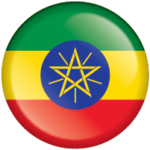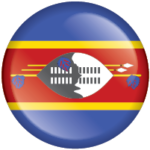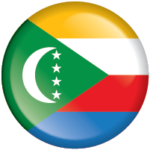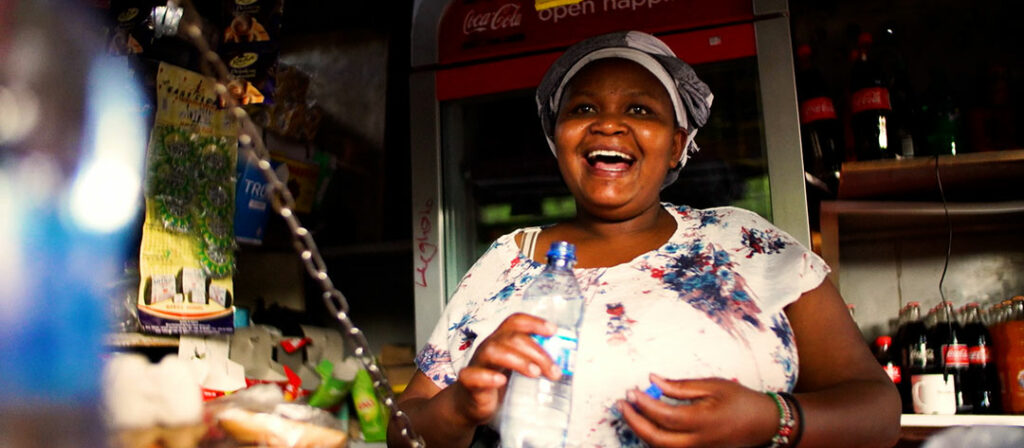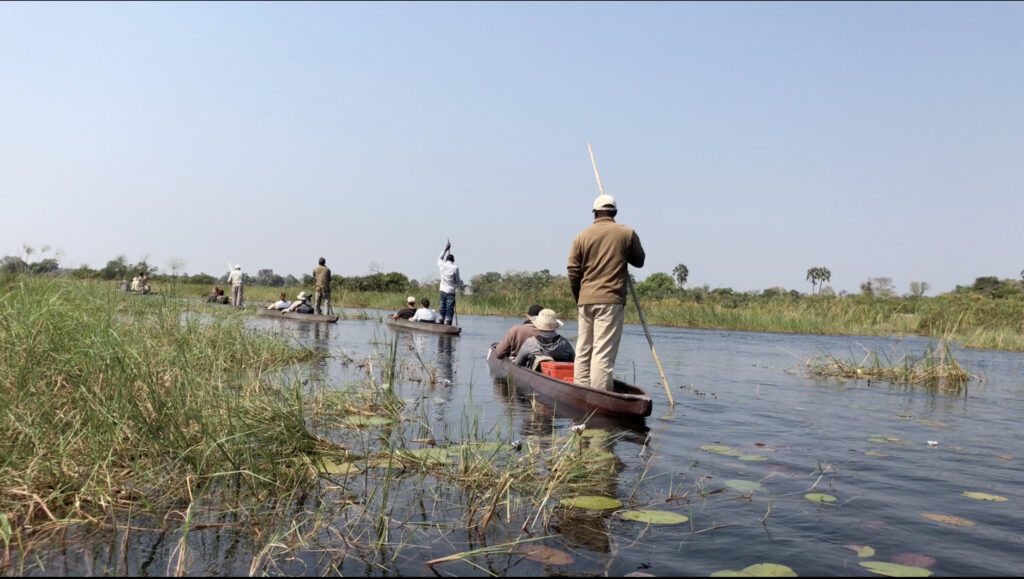Tshidi Ramogase
African women have growing reason to be hopeful about their futures as we mark International Women’s Day. It is true there is still a very long way to go towards gender equality, but change is gathering momentum and the days when only lip service was paid to women’s rights are coming to an end.
For example, the World Bank reports that Africa has implemented the most reforms promoting gender equality of any region globally, with 71 reforms in the last 10 years.
There is also a greater focus on going beyond the mere legal recognition of equality, and greater intent to promote real economic empowerment which will reduce women’s reliance on men and increase their ability to make choices for themselves.
This is critical because, without the means to provide for themselves, women are often unable to exercise the freedoms which are recognised in law.
According to a report by the Brookings Institution, 75 to 90 percent of non-agricultural employment in Africa is informal and low-paid work in which women are three times more likely to be employed as contributing family workers than their male counterparts. This means they are often unpaid and therefore vulnerable to exploitation.
Recognising that the economic empowerment of women will be central to the continent’s ability to achieve the sustainable development goals of Agenda 2063, the African Union has declared the period from 2020 to 2030 as the Decade on Financial and Economic Inclusion for African Women.
In line with this agenda, Coca-Cola Beverages Africa (CCBA) is taking a rigorous, research-based approach to ensure maximum impact of its own economic inclusion programmes for women.
The company commissioned research to assess the effectiveness of its existing initiatives so that it could take informed decisions on which to accelerate or scale up and replicate across the continent. The research, conducted by the consultancy SSK Investments, also looked at examples of successful women empowerment programmes outside the Coca-Cola system, as well as opportunities to partner with others for greater impact.
This follows the success of the Coca-Cola system’s 5by20 women empowerment initiative, which aimed to empower 5 million women globally by 2020.
Audited results of the programme showed that 2 million women in Africa have been equipped to succeed as entrepreneurs, while also helping to create sustainable communities.
CCBA has now adopted the three pillars of education, employability and entrepreneurship as a framework for its economic inclusion strategy.
We define economic inclusion as the opening of gainful economic opportunities by providing access to markets and other economic activities leveraging the business and the entire industry.
Our aim is to boost income, provide decent earning potential and improve skills and business knowledge for women, resulting in them accessing other opportunities.
For example, in Ethiopia CCBA partnered with the Jobs Creation Commission to build 150 retail kiosks for 600 women returning from Middle Eastern countries.
Along with the kiosks established in 11 cities across the country, the women were trained in customer service and financial management to develop their business skills and ensure their success as entrepreneurs.
CCBA also helped 263 women who had earned a living by collecting firewood to create new sources of revenue after the opening of Entoto Park, where they could no longer earn their living from firewood.
The women now collect plastic for recycling instead and also sell refreshments, including Coca-Cola products, at five shops established in the park.
Meanwhile, CCBA in South Africa (CCBSA) has established a bursary fund at the University of Pretoria to support female students from previously disadvantaged backgrounds in their final year of engineering studies.
The students had their outstanding fees fully paid, which enabled them to graduate.
The beneficiaries were studying towards Electrical, Mechanical and Industrial Engineering degrees.
Last year, CCBSA Managing Director Velaphi Ratshefola was again the winner in the Top Gender Empowered: Male Driving Gender Empowerment category at the Standard Bank Top Women Awards.
These awards honour outstanding leadership, inspiration, vision, and innovation in organisations that play a role in ensuring that women are equal and active participants in building the economy.
In Ghana, CCBA subsidiary Voltic GH Limited joined the non-profit organisation Girls in Science and Technology (GIST) to launch the GIST- University of Mines and Technology, Tarkwa chapter.
The programme introduces GIST to woman students at the university and promotes their participation in the fields of science, technology, engineering and mathematics (STEM), while sparking their interest in the career opportunities available to them.
The programme also provides mentorship and guidance to girls from elementary school through to various universities. The managing director of Voltic GH Limited, Flora Jika, is the first female managing director at CCBA.
The benefits for Africa of promoting meaningful participation in the economy by women will be felt by all.
It is estimated that existing gender gaps cost the economy about 15% of GDP, whereas women’s economic empowerment boosts productivity, increases economic diversification and reduces income inequality, in addition to other positive development outcomes, according to UN Women.
Companies can also benefit from having more women in the leadership ranks, which has been shown to increase organisational effectiveness and growth. It is estimated that companies with three or more women in senior management functions score higher in all dimensions of organisational performance.
CCBA is reaping the benefits of growing the number of women leaders in the business, with women leadership now standing at 38%, which is an increase of 9 percentage points from the previous year.
It is clear that for Africa to realise its full potential, it must create opportunities for women to do so too.
This will require deliberate partnerships to ensure that woman entrepreneurs have access to capital. While there has been some improvement in this area, 84% of funding raised by startups in Africa last year went to male single founders or all-male founding teams.
Funding remains the biggest challenge and we need more partnerships with funders to unlock the full potential of African businesswomen.
- Ramogase is the CCBA Group Public Affairs, Communications and Sustainability Director
